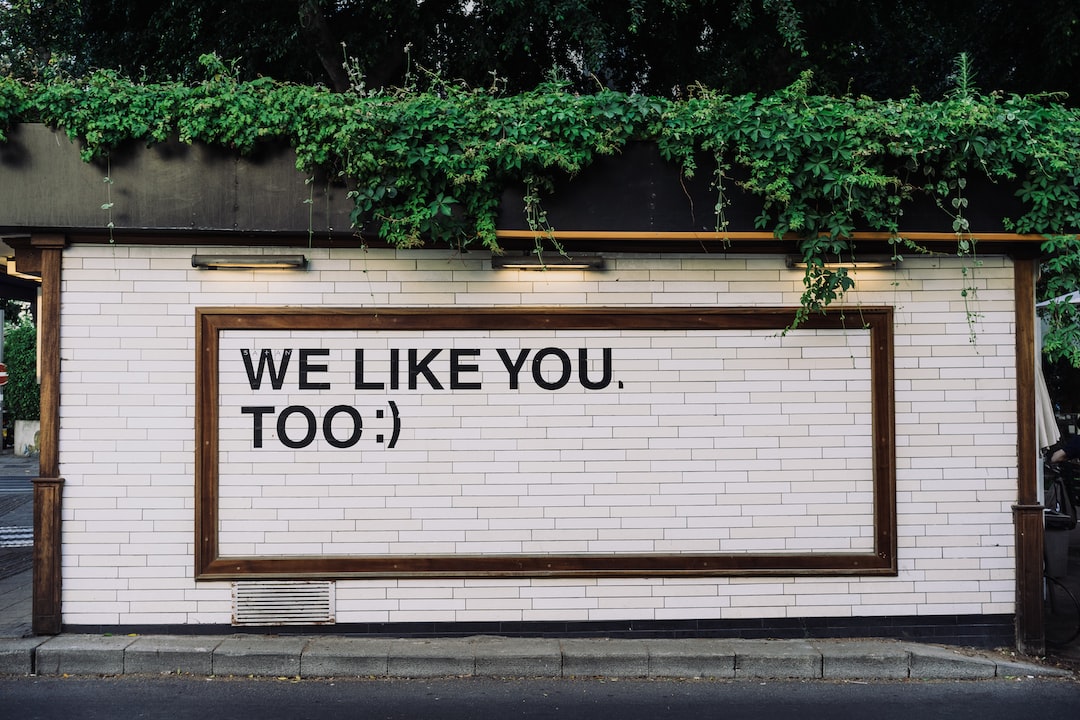In recent years, social media has become an integral part of our daily lives. It has revolutionized the way we connect with others, share information, and even promote social causes. One such cause that has gained significant traction on social media is the promotion of diversity and inclusion.
Diversity and inclusion are essential for building a harmonious and inclusive society. It ensures that people of all backgrounds, including race, gender, sexuality, and abilities, are represented, heard, and valued. While traditional media outlets have made some progress in promoting diversity, the rise of social media has further accelerated this movement.
Firstly, social media provides a platform for marginalized communities to voice their opinions and share their experiences with a global audience. Platforms such as Twitter, Facebook, and Instagram have given a voice to individuals who were previously underrepresented or silenced by mainstream media. They allow people to tell their stories, showcase their talents, and raise awareness about the discrimination they face. This exposure has helped to dismantle stereotypes and challenge societal norms, leading to increased acceptance and understanding.
Not only does social media amplify the voices of marginalized groups, but it also provides a space for individuals to form communities and support networks. With the click of a button, people can connect with others who share similar experiences and struggles. This fosters a sense of belonging and empowerment, as marginalized communities find solace in knowing they are not alone. It also allows individuals to exchange ideas, engage in productive discussions, and learn from one another, thus promoting empathy and understanding across different cultures and identities.
More importantly, social media has proven to be a powerful tool for promoting inclusivity in the workplace. Companies can use social media platforms to showcase their commitment to diversity and inclusion by featuring diverse employees, sharing their stories, and highlighting the initiatives they have undertaken. This not only attracts diverse talent but also creates a positive image of the organization, increasing customer trust and loyalty.
In addition, social media allows for greater transparency in holding institutions and individuals accountable for promoting diversity and inclusion. It has become easier to call out discriminatory behavior, challenge harmful stereotypes, and demand change. Social media campaigns such as #OscarsSoWhite and #MeToo have sparked much-needed conversations and prompted industries to reassess their practices. This public scrutiny has forced organizations to be more proactive in addressing diversity and inclusion issues, leading to tangible change in policies and practices.
However, it is crucial to acknowledge that social media also has its limitations. While it provides a platform for marginalized communities, it can also perpetuate harmful narratives and discrimination. The lack of regulation and the anonymity that social media often provides can lead to the spread of hate speech and cyberbullying. Hence, it is essential for social media platforms to implement policies and mechanisms to prevent and address such issues. Additionally, while social media can unite communities, it can also create echo chambers where like-minded individuals surround themselves with similar perspectives, hindering meaningful discussions and understanding.
In conclusion, social media plays a vital role in promoting diversity and inclusion in our society. It has given marginalized communities a platform to voice their experiences, connect with others, and raise awareness about discrimination. It has also forced organizations and individuals to be more accountable for their actions and practices. However, it is crucial to manage the limitations and challenges that come with social media, to ensure that it continues to be an effective tool for positive change. By harnessing the power of social media, we can create a more inclusive and equitable world for everyone.

